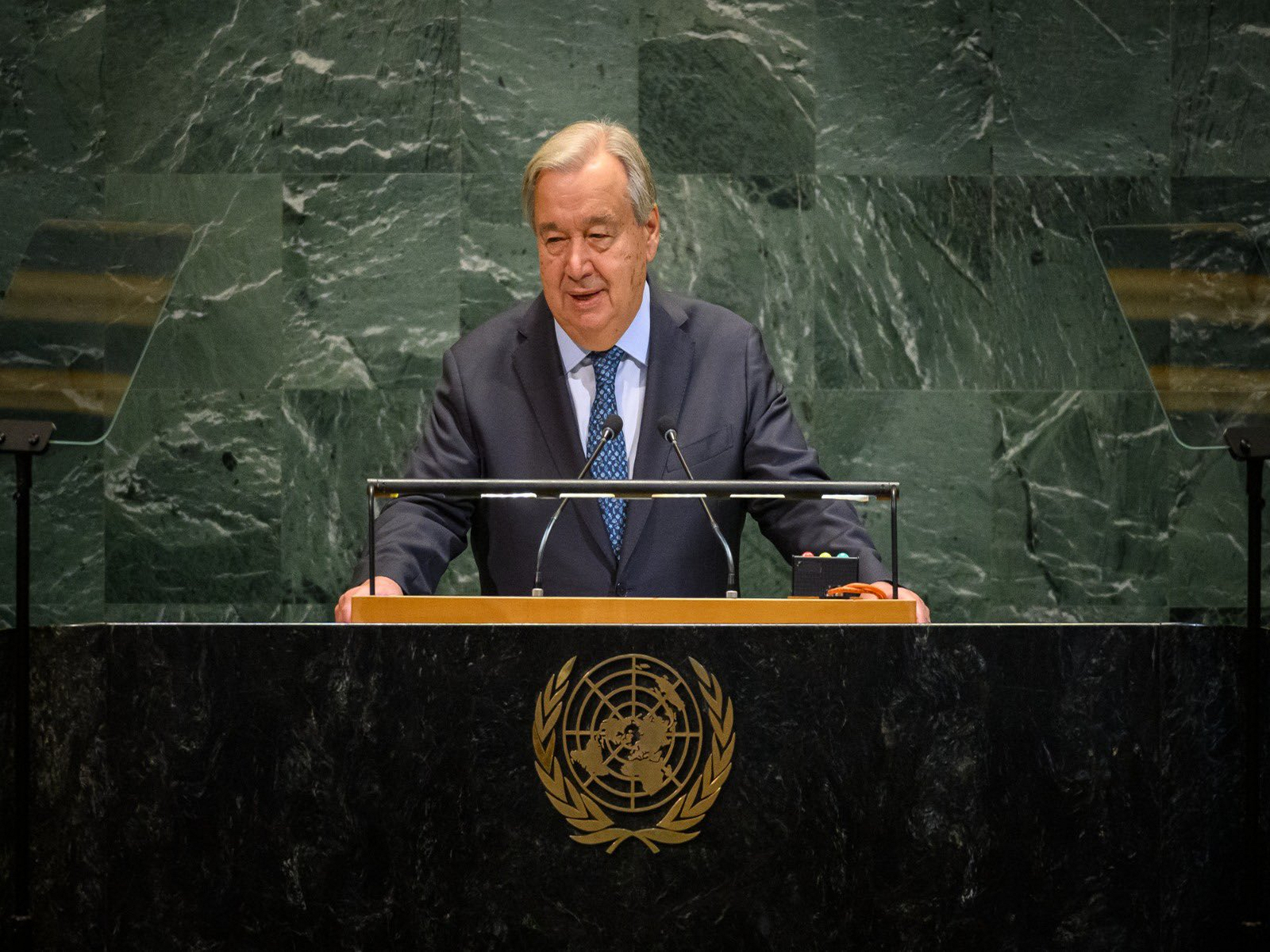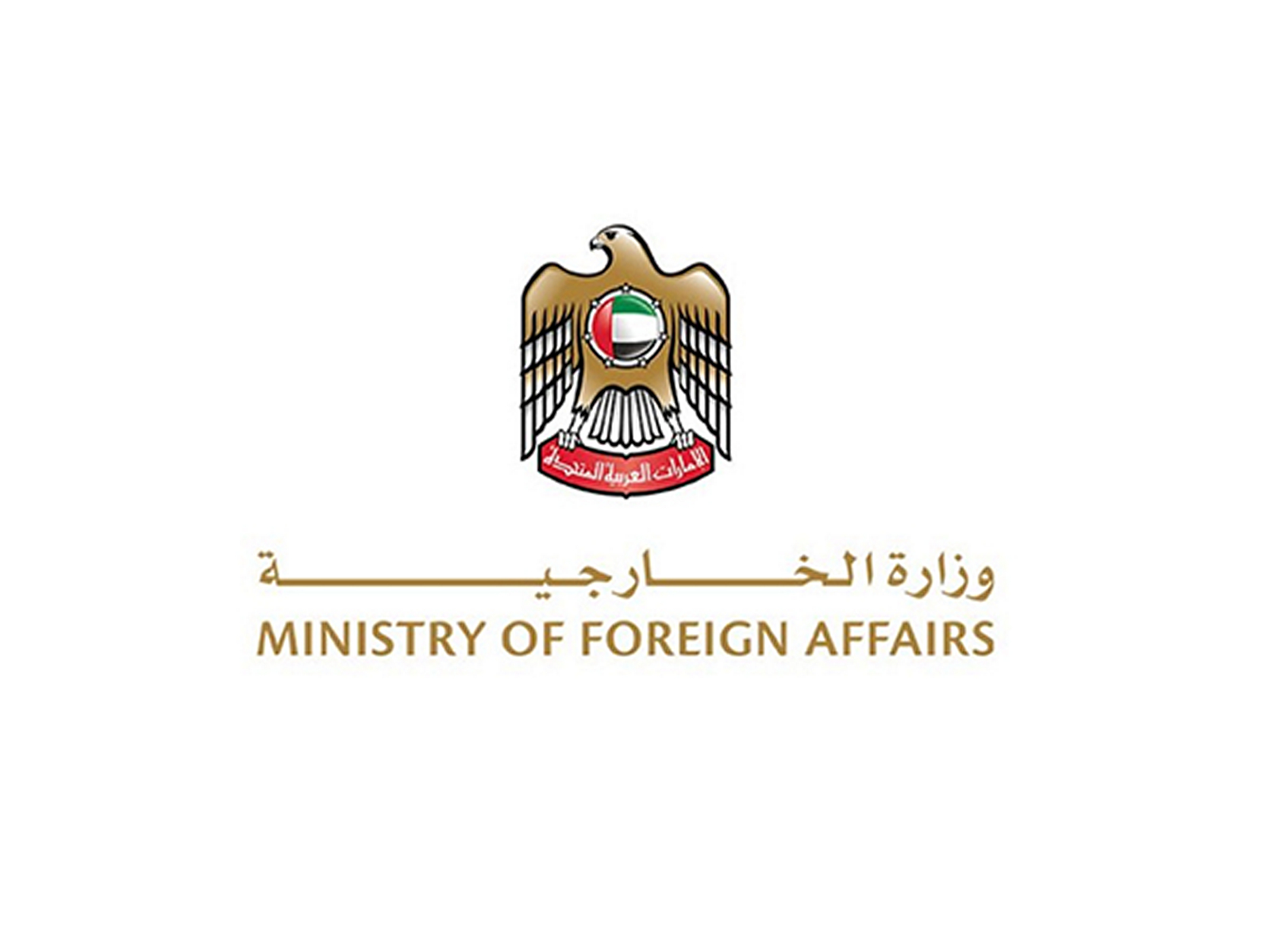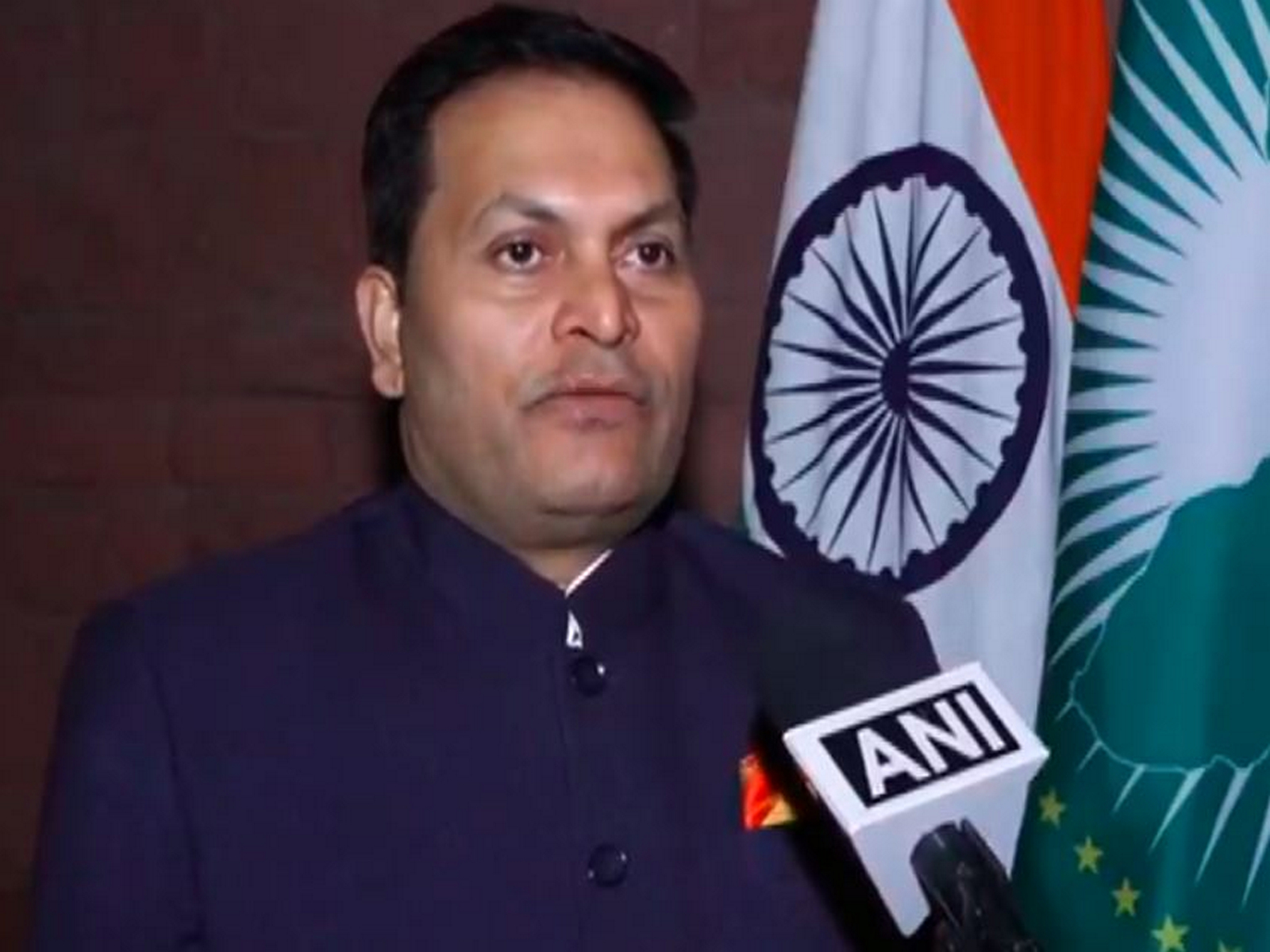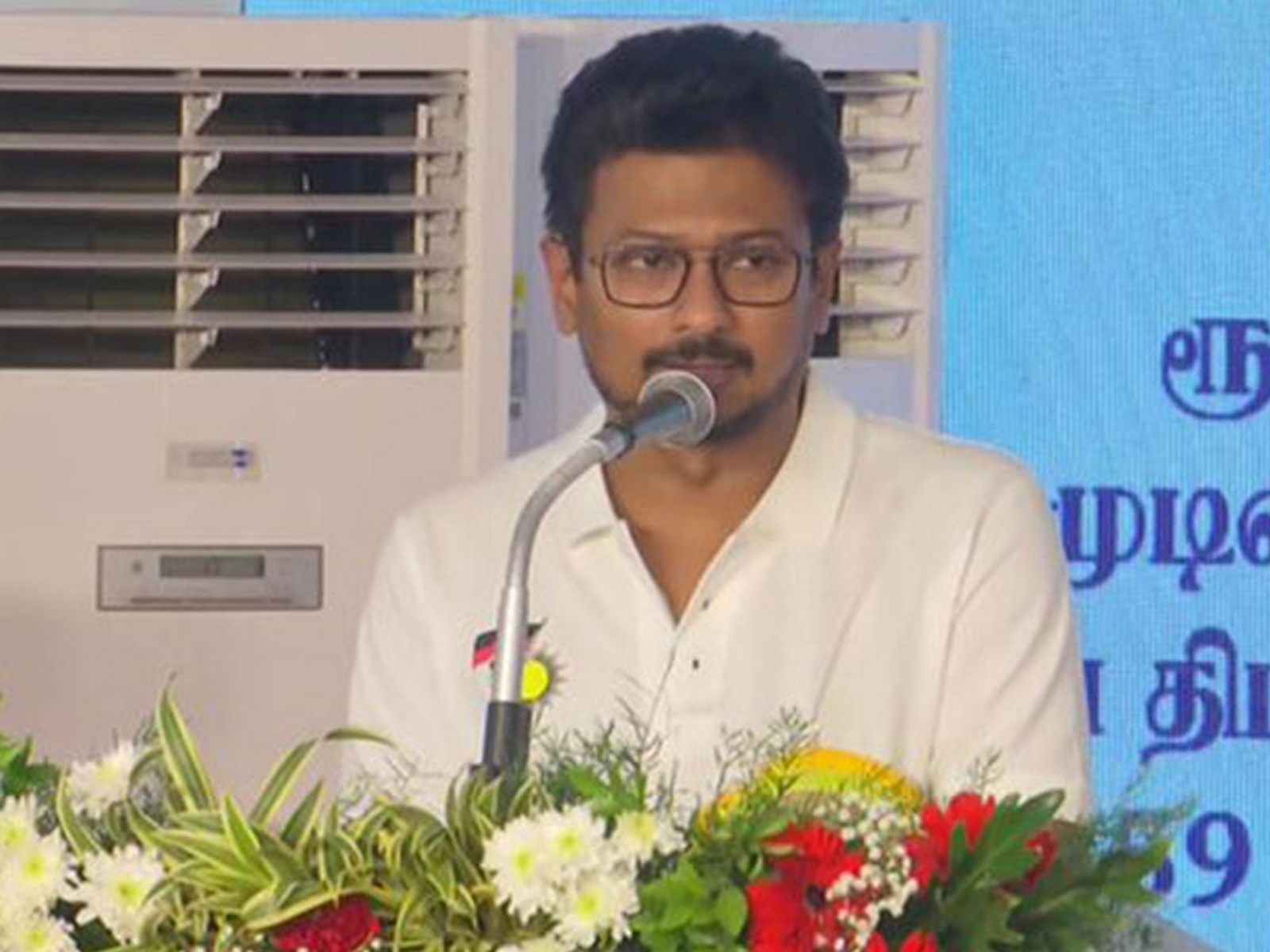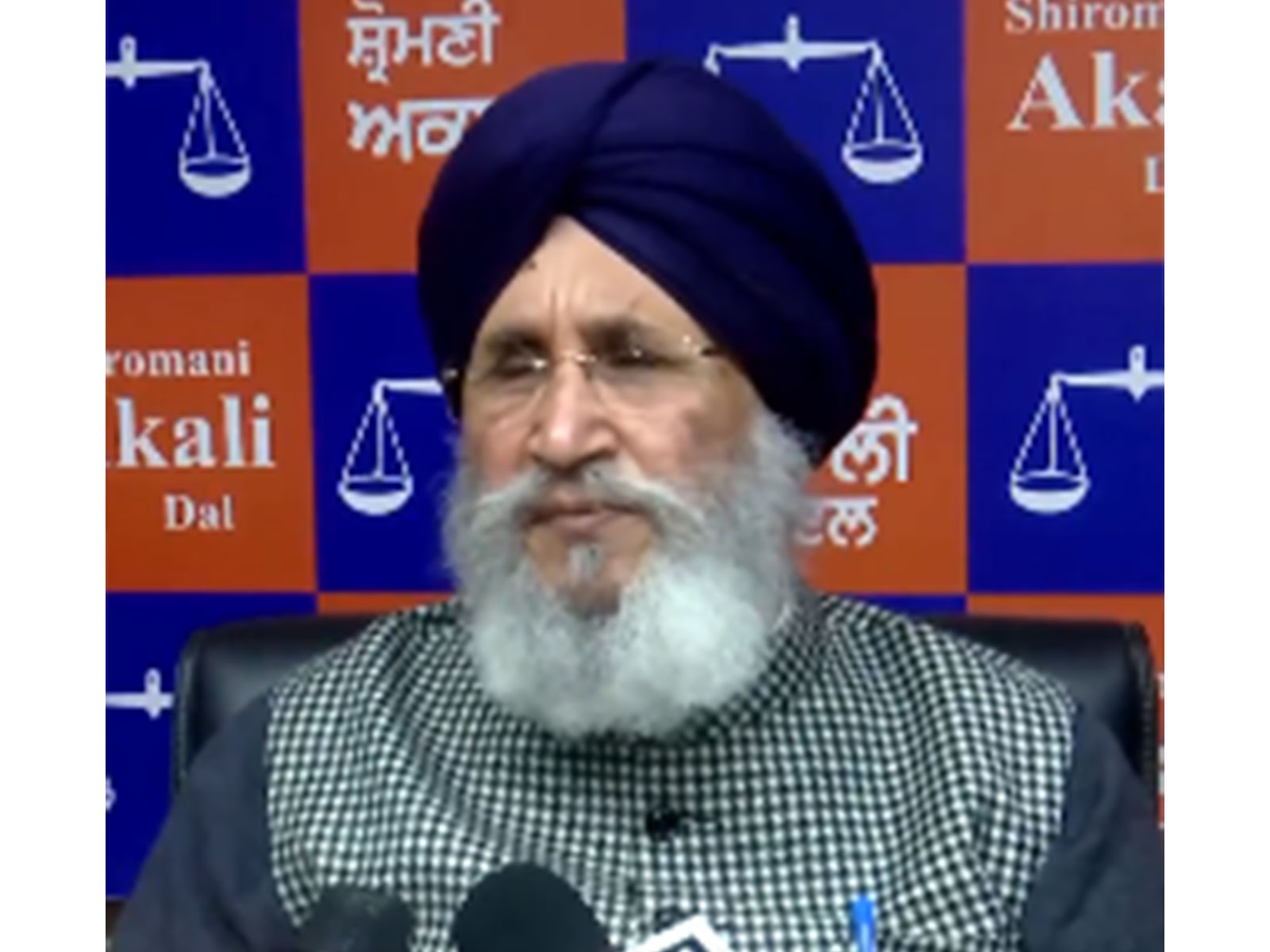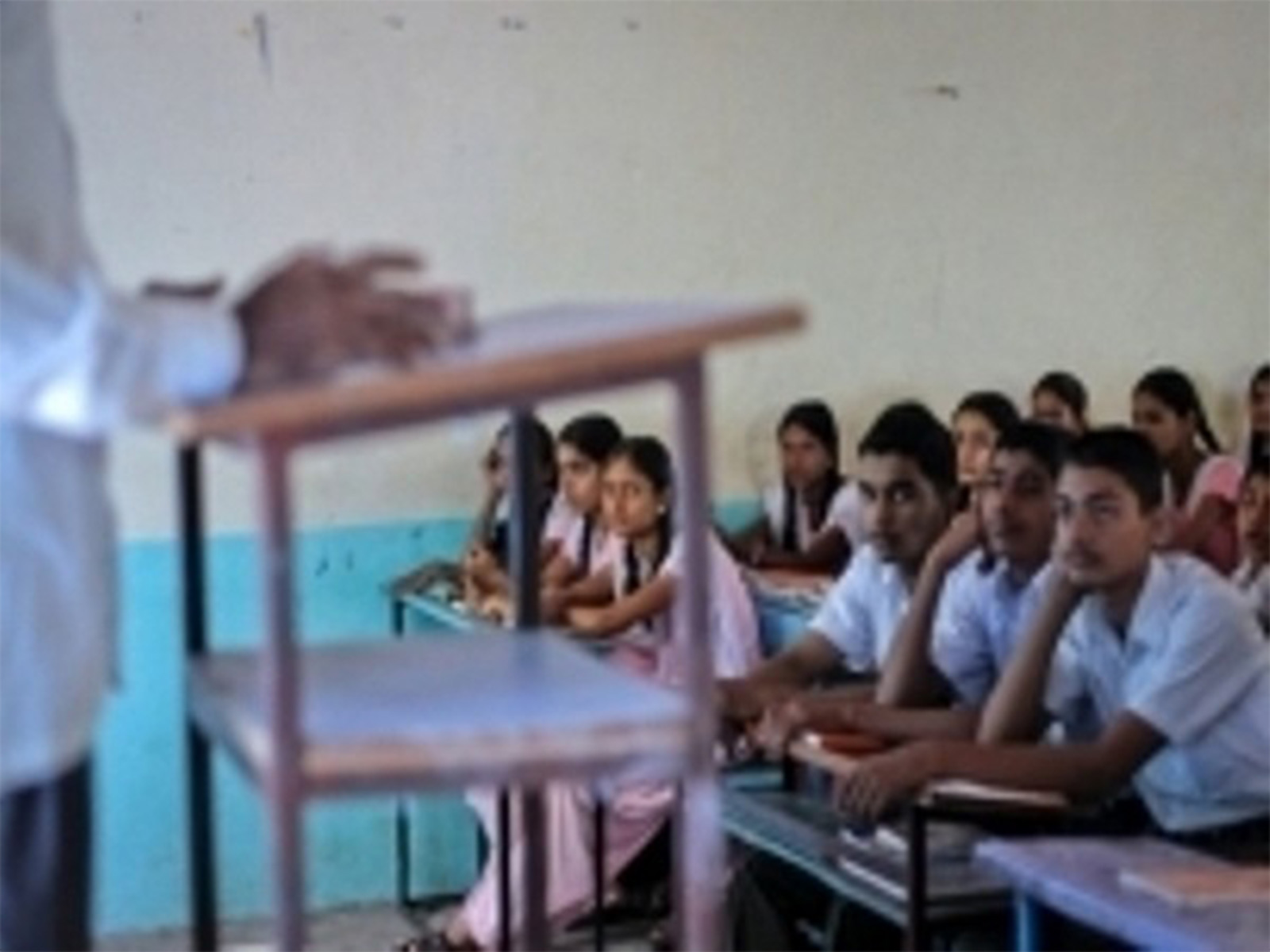Certain countries 'leveraging' their cyberspace expertise to indulge in cross-border terrorism: India at UNSC
Jun 29, 2021

New Delhi [India], June 29 : India on Tuesday said that certain countries are leveraging their expertise in cyberspace to achieve political and security-related objectives and indulge in contemporary forms of cross-border terrorism.
Speaking at the UN Security Council open debate on "Maintenance of International Peace
and Security: Cyber Security", Foreign Secretary Harsh Vardhan Shringla voiced concerns over a sophisticated use of cyberspace by terrorists around the world to broaden their appeal, spread virulent propaganda, incite hatred and violence, recruit youth and raise funds.
"Terrorists have also used social media for planning and executing their terror attacks and wreaking havoc," he said at the debate, which he attended through video conferencing.
As a victim of terrorism, Shringla noted that India has always underlined the need for countries to address and tackle the implications of terrorist exploitation of the cyber domain more strategically.
During the debate, the foreign secretary underlined the borderless nature of cyberspace and more importantly anonymity of actors involved have challenged the traditionally accepted concepts of sovereignty, jurisdiction and privacy.
Shringla said India is committed to an open, secure, free, accessible and stable cyberspace environment, which will become an engine for innovation, economic growth, sustainable development, ensure free flow of information and respect cultural and linguistic diversity.
"With our transformative technology initiatives in recent years such as IndiaStack, Aadhar and UPI, we have successfully leveraged the tremendous potential of cyber technologies in implementing the SDG agenda and improving governance," he noted.
Shringla said the integrity and security of Information and Communications Technology (ICT) products, which form the building blocks of cyberspace, are being compromised.
"There are widespread concerns that state and non-state actors are introducing vulnerabilities and harmful hidden functions, including through backdoor channels, into ICT networks and products," he said.
"Such nefarious acts undermine trust and confidence in the global ICT supply chain, compromise security and could become a flashpoint between States. It is in the interest of the international community to ensure that all actors abide by their international obligations and commitments and not indulge in practices that could have potentially disruptive effects on global supply chains and trade in ICT products," he added.
